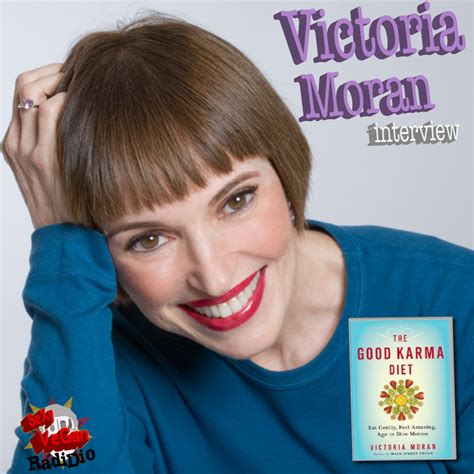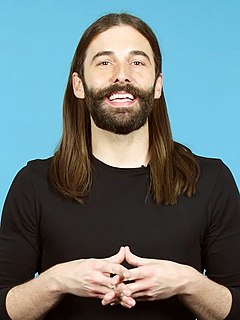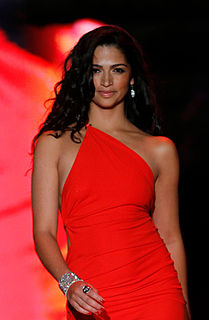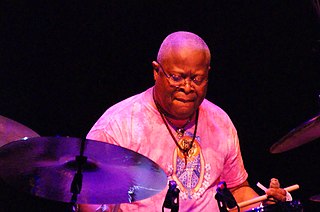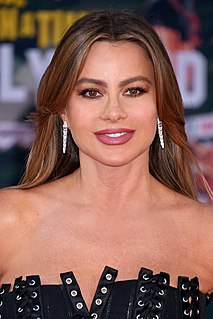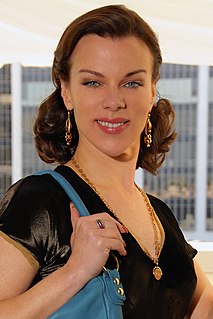A Quote by Victoria Moran
As a society, we need to get lots more flexible about what constitutes beauty. It isn't a particular hair color or a particular body type; it's the woman who grew the hair and lives in the body. Keeping this in mind can only make things better.
Related Quotes
Because my hair is curly, I used to do all the straighteners, the Japanese this and the Brazilian that. And at the end of the day, your hair ends up not having a texture, not having the body - no shine. You're pretty much frying your hair. So understand the type of hair you have and do the best with what you have.
For many, hair is just hair. It's something you grow, shape, adapt, adorn, and cut. But my hair has always been so much more than what's on my head. It's a marker of how free I felt in my body, how comfortable I was with myself, and how much agency I had to control my body and express myself with it.
As a person of color, as a woman, as a body moving through this particular space in time, I realize the streets of New York tell the story of resistance, an African-American history of brilliance and beauty that, even in its most brutal moments, did not - could not - kill our resilient and powerful spirit.
There is a strange fact about the human mind, a fact that differentiates the mind sharply from the body. The body is limited in ways that the mind is not. One sign of this is that the body does not continue indefinitely to grow in strength and develop in skill and grace. By the time most people are thirty years old, their bodies are as good as they will ever be; in fact, many persons' bodies have begun to deteriorate by that time. But there is no limit to the amount of growth and development that the mind can sustain. The mind does not stop growing at any particular age.
